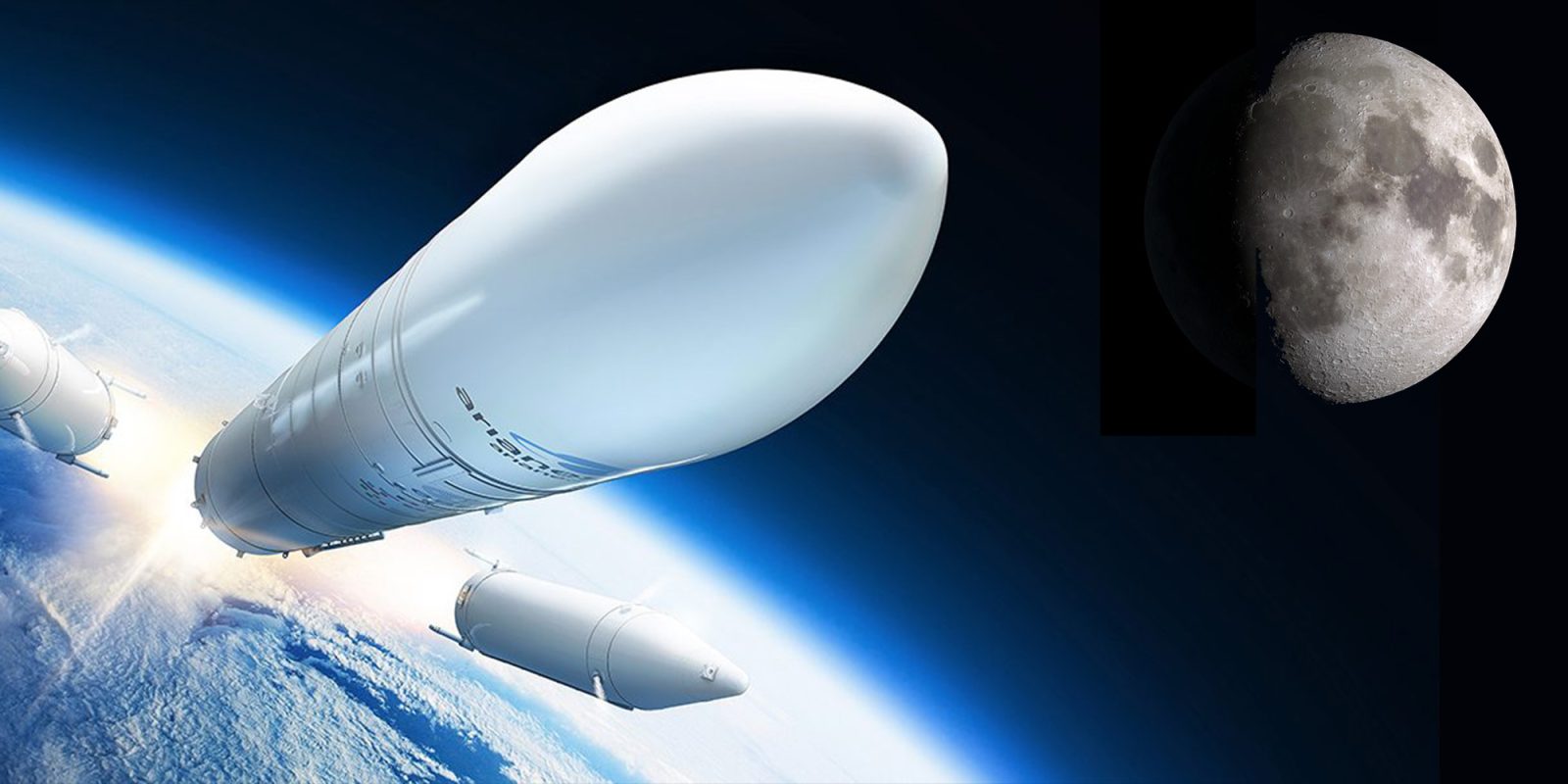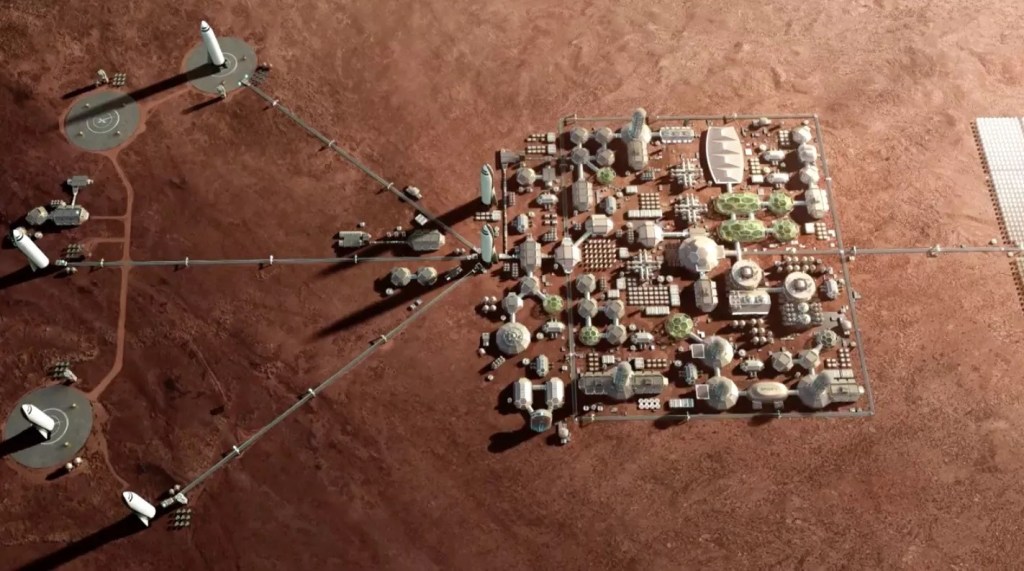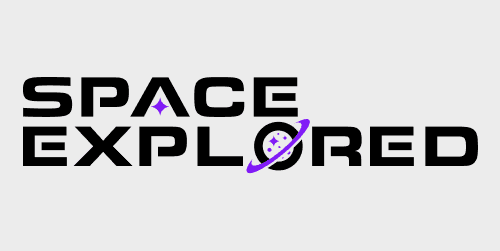
The European Space Agency’s High-Level Advisory Group (HLAG) released a report on the current state of Europe’s human exploration program. It calls for the continent to go all in on space, or risk being left in the dust.
Europe has become a key partner in many of NASA’s programs, including the Artemis Program. However, the continent’s space agency seems to have much more ambitious plans, rather than just helping NASA with its goals. The ESA’s HLAG report makes it clear that its objective should be to bolster its commercial market with its own human exploration program, including low Earth orbit and the Moon.
Call for Europe to produce its own lunar program
Europe should design and implement a European Space Mission to establish an independent European presence in Earth orbit, lunar orbit, on the Moon, and beyond, including a European Commercial LEO Station, Cargo and Crew Capabilities for the Gateway and the Moon, and sustained presence on the lunar surface.
ESA’s High-Level Advisory Group Human Space Exploration Report
The group refers back to US space programs as successful examples of how to build a commercial space industry, the reason that the public sector has to step up before Europe’s more reluctant private equity begins funding a commercial industry on its own. JPMorgan estimates that the private space sector will be valued at over a trillion dollars globally by 2040, and Europe should try to reach at least 1/3 of it or be consumed by China and the US.
The cost of inaction would far outweigh the necessary investment to establish Europe as a strong and independent space actor.
Europe’s problems getting a thriving commercial space sector
It’s not that Europe doesn’t have a commercial space industry. Its issue is what it produces are either components for other rockets or spacecraft (some of which won’t be used in the future). Arianespace, the continent’s only operational launch provider, has not been competitive for over a decade since SpaceX came on the scene. In 2022, the company launched only five successful rockets out of its spaceport in South America; one was a Russian-built Soyuz.
Developing and owning capabilities, rather than being a supplier of parts for foreign systems, gives Europe the power to define and set conditions on intellectual property, thus preventing the leak of European knowledge.
The report states that companies that tried to make it in the modern space sector failed because of the pull from US companies like SpaceX or Blue Origin – companies that have independent missions of their own beyond their contracts to support the nation’s space program. The report claims the talent is leaving the continent and not returning, draining it from having a chance to build a great space industry like its partner across the pond and China.

Only by attracting top talent and maintaining excellence can Europe sustain its long-term prosperity. A reinforced ambition will open new horizons of opportunity for European achievers, eager to realise their talents.
Is this Europe’s last chance call to arms?
In 66 words, President John F Kennedy motivated the country into 60 years of space domination. It took 26 minutes of speaking, eight minutes to congress for funding, and 18 minutes at a college called Rice, for the President to move a country to build a space program so strong that it continues today. The words still motivate individuals today to go into the space industry.
But why, some say, the moon? Why choose this as our goal? And they may well ask why climb the highest mountain? Why, 35 years ago, fly the Atlantic? Why does Rice play Texas?
We choose to go to the moon. We choose to go to the moon in this decade and do the other things, not because they are easy, but because they are hard.
President John Kennedy, Rice University, 1962
The ESA report calls back to the Apollo program in many ways, even stating Europe needs to listen to youth as the average age of those inside Apollo’s mission control was 28. While this report and JFK’s two speeches differ in many ways, they have the same motive. Both are dyer calls to the nation to step up and take action to become a leader in human space exploration with a focus on the Moon.
Europe has an opportunity here to build its own lunar program with its own goals whiles still supporting NASA’s Artemis Program. Currently, there is only one way to get crew to the Moon, NASA’s Space Launch System with the Orion spacecraft. Even if SpaceX could do this with Starship, that still only has one nation controlling access to the Moon – a country whose space program can be changed on a whim due to swings in political control
Developing a European lunar crew transport system would provide global redundancy to access the Moon. Europe has the know-how to do it, however, it lacks the political push. With the concern of Russia’s invasion of Ukraine taking center stage, paired with inflation and fear of a recession, this space program call might be forced to take a back seat.
However, Europe’s space program has always taken a back seat to other issues. So while it might be exaggerated (in my opinion) a bit of a possibility of being left in the dust, Europe appears always to be stuck on “someday” rather than today.
The question for Europe is straightforward: can it afford to be left out of another technological revolution? Our answer is no.
FTC: We use income earning auto affiliate links. More.


Comments